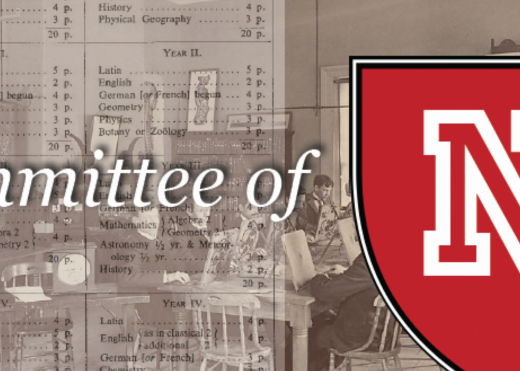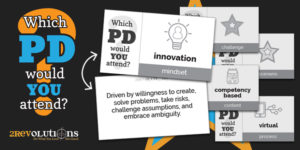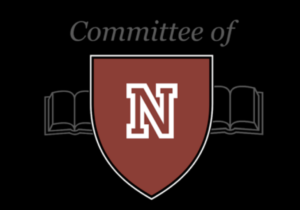Committee of N
Committee of N is a card game that helps teachers in training investigate and discuss the history of schooling in America. Students dive into the learning theories, purposes, and design their own schools. This game helps players build collaboration, planning, and communication skills.

Committee of N is a card game that helps teachers in training investigate and discuss the history of schooling in America. Students dive into the learning theories, purposes, and design their own schools. This game helps players build collaboration, planning, and communication skills. Below are the cards, directions, and overview on how to play. Check it out!
Additional Practice Space Resources
Which PD Would You Attend? is a card game that supports educators to step back and reflect on professional learning. K12 professional learning is an $18 billion/year industry in the US. This gamifies the experience and allows players to reflect on different approaches to the processes of professional learning and the mindsets it can engender. Evidence shows that the traditional stand and deliver model is largely ineffective and is not aligned with learning theory. So, let’s model, in our PD, what we want for our children – personalized, agentic, competency-based learning. In this game, educator teams choose a scenario, and then identify content, process, and mindsets, and encounter a challenge when designing a professional development program.A Variation Of Committee Of N: Which PD Would You Attend?

Directions
Challenge Cards
Process 1 Cards
Process 2 Cards
Scenario Cards
Content Cards



